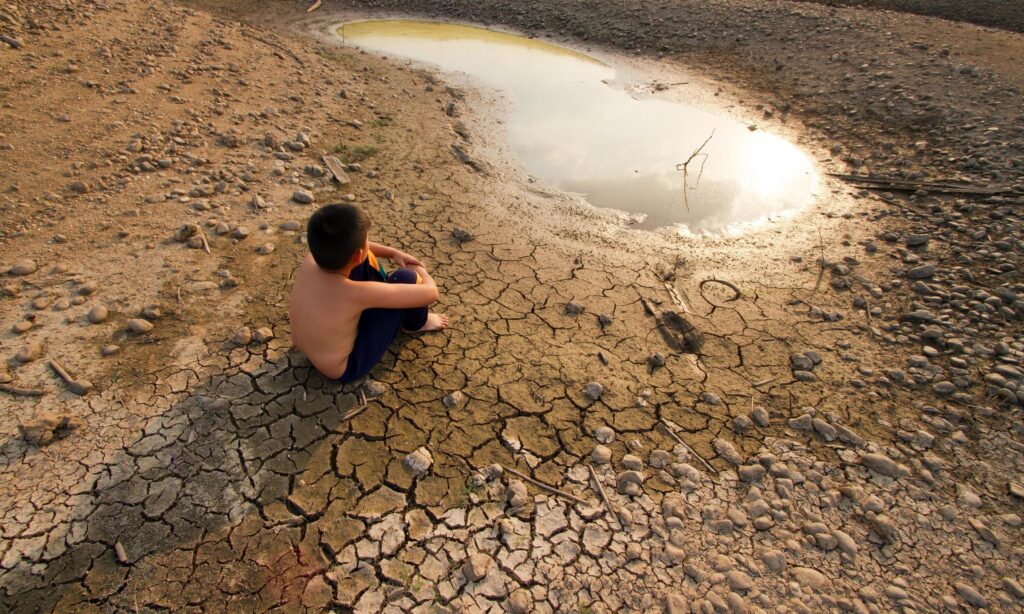Pakistan, like many other countries around the world, is grappling with the economic implications of climate change. The country is particularly vulnerable to the effects of global warming, including rising temperatures, increased frequency and intensity of extreme weather events, and changes in precipitation patterns. Here is a detailed 12 paragraph article on the subject:
Firstly, rising temperatures in Pakistan have already had a significant impact on the country’s agriculture sector, which accounts for a significant portion of the country’s GDP and provides employment to a large proportion of the population. The changing climate has led to reduced crop yields, increased water stress, and reduced soil fertility, leading to lower agricultural productivity and economic losses.
Secondly, extreme weather events, such as floods and droughts, have become more frequent and intense in Pakistan in recent years, leading to significant economic losses. These events damage infrastructure, crops, and other assets, causing disruptions to supply chains and affecting the livelihoods of those in the affected areas.
Thirdly, changes in precipitation patterns have also had a significant impact on the country’s water resources, which are critical for irrigation, hydropower generation, and other industries. Dwindling water resources have led to conflicts between different sectors and regions, which can have significant economic implications.
Fourthly, the changing climate is also impacting the country’s energy sector, with rising temperatures leading to increased demand for air conditioning and other cooling technologies, putting pressure on the country’s electricity grid. In addition, hydropower generation, which is a significant source of electricity in the country, is being affected by changes in precipitation patterns and the melting of glaciers.
Fifthly, Pakistan’s tourism industry, which is a significant contributor to the country’s economy, is also being impacted by climate change. Rising temperatures and extreme weather events are affecting the country’s natural attractions, such as glaciers, which are melting at an alarming rate.
Sixthly, climate change is also having a significant impact on public health in Pakistan, which can have economic implications. Rising temperatures are leading to increased incidence of heatstroke and other heat-related illnesses, while extreme weather events can cause injuries and deaths.
Seventhly, Pakistan is also vulnerable to the effects of sea level rise, which could have significant implications for the country’s coastal communities and infrastructure. This includes the potential loss of land and property, as well as the impact on ports and other key infrastructure.
Eighthly, the country’s forests, which are critical for the provision of ecosystem services such as carbon sequestration and water regulation, are also being impacted by climate change. Changes in precipitation patterns, temperature, and pest infestations are leading to increased deforestation, which has significant economic implications.
Ninthly, the changing climate is also affecting the country’s fisheries industry, which provides employment and food security for a large proportion of the population. Rising sea temperatures and other changes in ocean conditions are affecting fish stocks, leading to reduced catches and economic losses.
Tenthly, the changing climate is also having a significant impact on the country’s infrastructure, including roads, bridges, and buildings. Extreme weather events can cause damage to these assets, leading to disruptions in supply chains and other economic activities.
Eleventhly, climate change is also leading to social and political instability in the country, which can have significant economic implications. Disputes over water resources, migration, and other climate-related issues can lead to conflicts and disruptions in economic activities.
Lastly, addressing the economic implications of climate change in Pakistan will require a coordinated and comprehensive response. This will involve a combination of mitigation and adaptation measures, including investing in renewable energy, improving water management, promoting sustainable agriculture practices, and improving infrastructure resilience. It will also require international cooperation and financial support to help Pakistan transition to a low-carbon economy and build resilience to the impacts of climate change.











